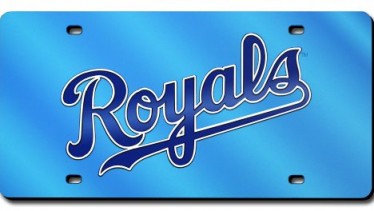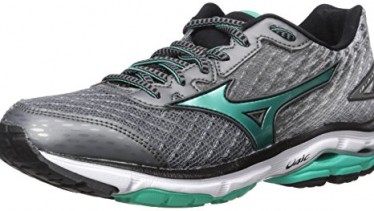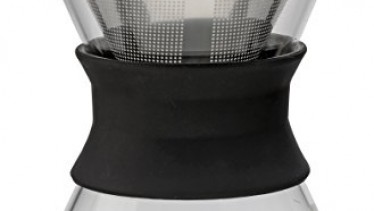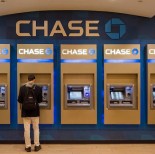I started thinking about how many online transactions I make a week, and I was fairly astounded. It's not that I do a lot of online shopping either. But if you take into account all the shopping, all the banking, all the bill payments, all the in-app purchases you make on your smartphone-whatever your game of choice is-they add up.
Now multiply that by all the other people doing the same.
The problem is that online fraud and identity theft are just as rampant as our online transactions.
So what can you and I do to make our online tractions more secure so as not to be one of the statistics caught in some sort of cybersecurity nightmare?
While all of the measures I'll list below and should be followed regardless, I'm going to throw out a bit of a blanket measure of protection to start with. Consider using a VPN for your home network and your mobile devices as well. If you use public wi-fi this is especially important. A VPN will protect your identity and encrypt your data. You should take some time and look into some of the best VPNs.
Credit Cards vs Debit Cards
First, read the fine print on your credit or debit card agreements. You'll often find that you have more protection when using a credit card online than a debit card.
You're also putting yourself in less danger, as there are limitations on a credit card. And sometimes, the only limitation on your debit card may be the amount of money you have in the account to be stolen.
Consumers are getting smarter and not shopping on unknown internet retailers, but there are several steps you can take to protect your transactions.
Passwords
This one should be obvious but it seems that a lot of people don't realize the importance of first, only using strong passwords and then following up on that by only using unique passwords for every site or app used.
When choosing a password, go for something long and complex. It should be a jumble of letters, numbers and symbols-punctuation marks and so forth. Then don't use that password in more than one place. Lastly, you want to change your passwords 3 or 4 times a year.
Does this sound like a lot of work? Are you wondering how to administer and remember all those passwords? Consider getting a password manager.
Online Shopping Tips
Whenever you complete a transaction on a merchant site or do some banking, immediately log out of the site. I know I'm bad about this sometimes because I spend a lot of time online researching, and I often have ten or fifteen browser tabs open across 2 monitors. I sometimes forget something is open if I don't have that specific tab open.
Don't be like me. Log out as soon as you're done.
Another tip is to ignore those prompts you see on merchant sites asking if you want them to do you a favor and remember your credit card info so your next transaction is quicker. Nope. Don't do that and don't allow your browser to store that info as well. Use a password manager as mentioned above.
This one can be a bit of work, but it's also suggested using fake info when filling in the answers to security questions. You know what I mean. Questions like your mother's maiden name or the name of your first pet or public school.
The reasoning here is that a lot of other people know the answers to those questions as well, so making something up might be a better security measure. However, you need to keep a record of all your answers.
Only Use Secure eCommerce Websites
Train yourself to look for the padlock in the address bar of your browser. If you are about to shop somewhere and there is no padlock, back away. Or look for HTTPS instead of HTTP in the address itself.
Finally, it's also a good idea to use a third-party payment service like PayPal instead of using your credit card directly. These services will have extra layers of protection added, meaning your transaction is ultimately more secure.
A Few Extra Safe Measures
I mentioned public wi-fi above when talking about using a VPN. Never, ever shop, pay bills, access bank or credit care websites when connected to public or "free" wi-fi. There's a good chance it will end up costing you a whole lot more than the data fee you're trying to get around. Public wi-fi lacks security and anyone who is sharing the network with you can be watching and logging your activity.
Keep your browsers up to date. Browsers are always updating and patching security issues. And often times vulnerabilities are made public. So hackers know that version X of a browser has a specific weakness and will be looking for systems that still use that version since they now know how to break in.
This doesn't cover all the ways you can keep your online transactions safe, but it's a good start. And making these changes is well worth your time.



















